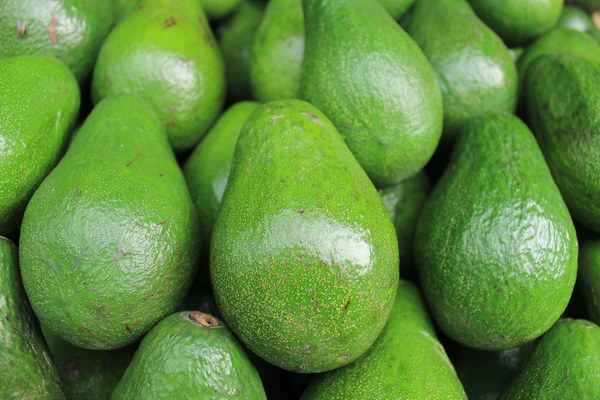Does Mung Bean and Kelp Soup Help Cool Lung Fire Exploring Traditional Remedies and Modern Perspectives
Mung bean and kelp soup, a popular dish in many Asian cuisines, has been traditionally associated with various health benefits, one of which is believed to be its ability to cool lung fire. But does this ancient remedy hold true, or is it simply a folk belief? In this article, we'll delve into the traditional beliefs and modern research to determine if mung bean and kelp soup can indeed help cool lung fire.
Traditional Beliefs
In traditional Chinese medicine (TCM), lung fire is a condition characterized by symptoms such as a sore throat, dry cough, fever, and excessive thirst. It is believed that consuming mung bean and kelp soup can help alleviate these symptoms by cooling down the body and reducing the heat in the lungs.
Mung Beans
Mung beans are considered a cooling food in TCM. They are believed to have a calming effect on the body, particularly the lungs, and are often used to treat heat-related illnesses. The high water content in mung beans is thought to help hydrate the body, thus soothing the throat and reducing coughing.
Kelp
Kelp, on the other hand, is rich in iodine and other minerals that are essential for thyroid function. In TCM, kelp is believed to have a cooling property that can help balance the body's fluids and reduce inflammation. It is also thought to support the respiratory system and help clear phlegm.
Modern Research
While traditional beliefs may provide a foundation for the use of mung bean and kelp soup, modern research offers a different perspective on the potential benefits of these ingredients.
Mung Beans

Modern studies have shown that mung beans contain antioxidants and anti-inflammatory compounds that may help protect the body against oxidative stress and reduce inflammation. However, there is limited scientific evidence directly linking mung beans to the cooling of lung fire or the relief of respiratory symptoms.
Kelp
Similarly, while kelp is known for its nutritional value, research on its specific effects on the respiratory system is limited. Some studies suggest that the iodine in kelp may help regulate thyroid function, which could indirectly benefit the respiratory system by ensuring proper hormonal balance.
The Soup in Practice
Despite the lack of definitive scientific evidence, many people continue to enjoy mung bean and kelp soup as a comforting and nutritious meal, particularly during times of respiratory discomfort.
Preparation and Consumption
To prepare mung bean and kelp soup, one typically starts by soaking the mung beans and kelp overnight. The next day, the ingredients are cooked together with water or chicken or vegetable broth. Additional ingredients such as carrots, radishes, or mushrooms can be added for flavor and nutritional value.
Safety Considerations
While mung bean and kelp soup is generally safe for most people, those with thyroid disorders should consult with a healthcare provider before consuming large amounts of kelp, as it can contain high levels of iodine.
Conclusion
The belief that mung bean and kelp soup can cool lung fire is deeply rooted in traditional Asian medicine. While modern research does not provide conclusive evidence to support these claims, the soup remains a popular choice for those seeking a soothing meal during respiratory difficulties. As with any traditional remedy, it is best to approach it with an open mind and, when in doubt, consult with a healthcare professional for personalized advice.
In the end, whether or not mung bean and kelp soup can actually cool lung fire may remain a matter of personal experience and belief. However, its nutritional benefits and the comfort it brings are clear, making it a cherished dish in many households.









